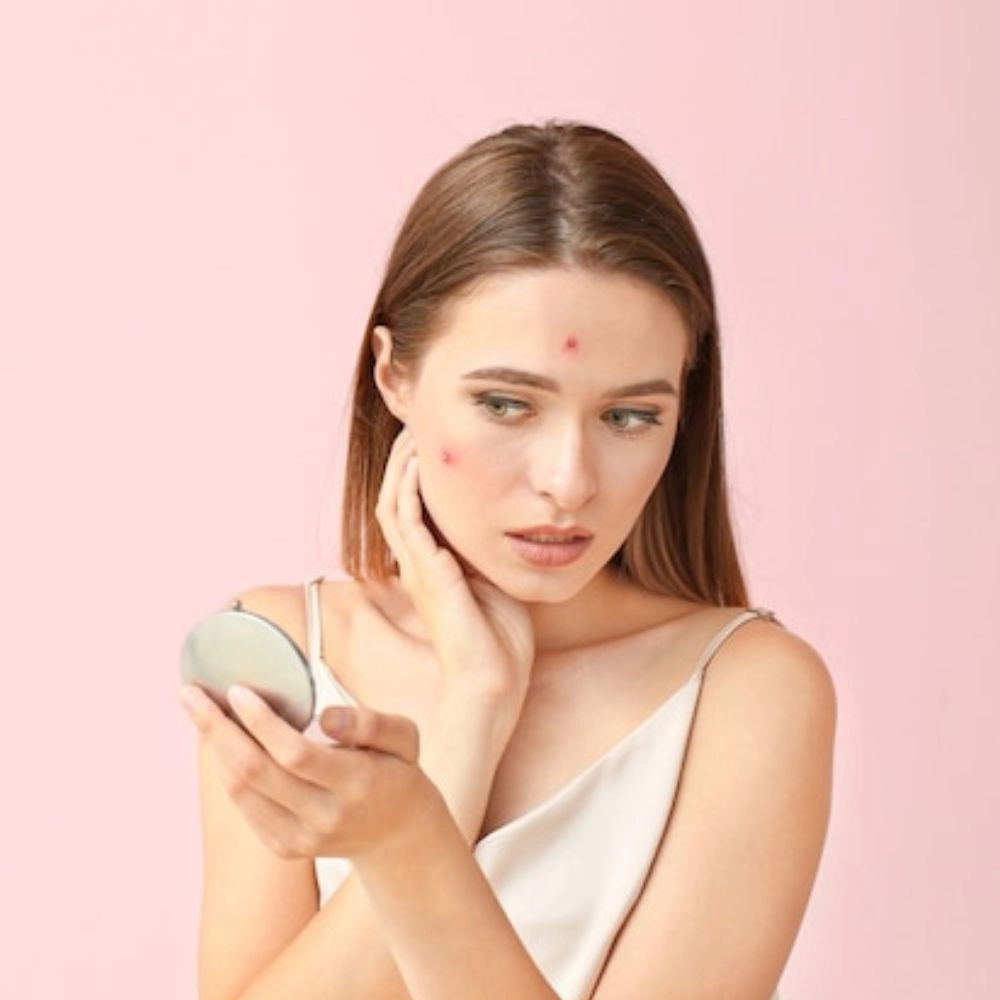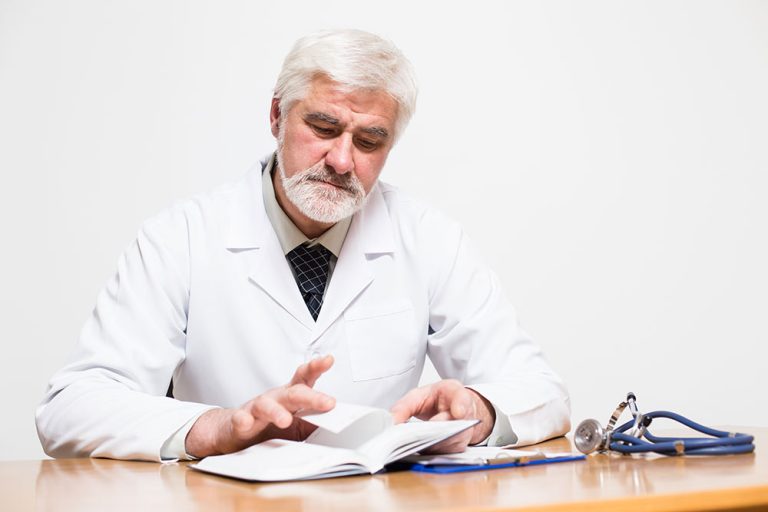Table of content
- Types of BREAST RECONSTRUCTION
- Procedure
- Risks and complications
- Pre-operation preparation
- Post-operative care
- Expected Results and recovery timeline
- Appointments and consultation
- Frequently asked questions
- Meet the team
- Pricing and payment plans
- Medical literature and research
- Support and counseling
- Send a message
Acne
INDICATION – BRIEF
Acne is a skin condition that occurs when hair follicles are clogged with oil and dead skin cells, resulting in pimples, whiteheads, or blackheads. It’s influenced by clinical factors such as hormonal changes, medication side effects, and genetics, as well as non-clinical factors like diet, stress, skin hygiene, and environmental conditions. Hormonal fluctuations during puberty and pregnancy, or from conditions like PCOS, can trigger acne, as can certain medications. Genetics also play a role. Non-clinical triggers include carbohydrate-rich and dairy foods, stress, improper skin care, and exposure to pollution or high humidity. Treatment often involves a personalized approach, including topical creams, oral medication, lifestyle changes, and sometimes procedures like laser therapy.

INDICATION – DEFINITION
Acne is a skin condition that manifests when your hair follicles become clogged with oil and dead skin cells. It often results in pimples, whiteheads, or blackheads, and commonly appears on the face, forehead, chest, upper back, and shoulders. While it is most prevalent among teenagers, it can affect individuals of all ages.
There are numerous clinical and non-clinical factors that can contribute to the development of acne.
Clinical factors:
- Hormonal Changes: Hormones play a significant role in acne, especially during puberty when hormones are in fluctuation. This is why teenagers are often affected. Hormonal changes during pregnancy or due to conditions such as polycystic ovary syndrome (PCOS) can also lead to acne.
- Medication Side Effects: Certain medications, such as corticosteroids, testosterone, or lithium, can lead to acne as a side effect.
- Genetics: If your parents had acne, you’re more likely to have it as well, suggesting a genetic component.
Non-Clinical Factors:
- Diet: Certain dietary factors, such as carbohydrate-rich foods (including bread, bagels, and chips) or dairy products may trigger acne in some individuals.
- Stress: While stress doesn’t directly cause acne, it can exacerbate it in individuals who already have the condition.
- Poor Skin Hygiene: While it is a myth that dirty skin causes acne, improper skin care can exacerbate the problem. For instance, not removing makeup or using harsh skin products can clog pores, leading to breakouts.
- Environment: Environmental factors, such as exposure to pollution or high humidity, can worsen acne by clogging pores and trapping oil and dirt on the skin.
It’s important to remember that acne is a complex condition and different people may experience different triggers. Therefore, a personalized treatment approach is often necessary. Treatments can include topical creams, oral medication, hormonal therapy, and in some severe cases, procedures like laser therapy or chemical peels. Lifestyle changes, such as maintaining a healthy diet and practicing good skin hygiene, can also help manage acne.
SYMPTOMS AND DIAGNOSIS
Symptoms:
Acne primarily appears on areas of the body where a high concentration of oil glands are found, including the face, neck, chest, back, and shoulders. Symptoms may include:
- Whiteheads: These are closed clogged pores.
- Blackheads: These are open clogged pores.
- Pimples (Pustules): These are papules with pus at their tips.
- Nodules: These are large, solid, painful lumps beneath the surface of the skin.
- Cysts: These are painful, pus-filled lumps beneath the surface of the skin.
The severity of these symptoms can vary significantly from person to person, and acne can cause emotional distress and skin scarring in some cases.
Diagnosis:
Diagnosis of acne is typically straightforward and is primarily based on a visual examination of your skin. Your dermatologist will assess the types of lesions present (whiteheads, blackheads, pimples, nodules, or cysts) and their severity.
In some cases, especially when hormonal imbalances are suspected, your doctor might recommend endocrine evaluation. If acne is resistant to standard treatments, is unusually severe, or occurs alongside other symptom such as irregular periods in women, this may suggest a potential underlying hormonal disorder like polycystic ovary syndrome (PCOS).
The goal of diagnosis is not just to confirm the presence of acne, but to also understand its severity, the potential triggers, and any associated conditions, in order to inform a comprehensive and personalized treatment plan.
Prognosis and Impact

Prognosis:
Acne, particularly mild to moderate forms, generally has a favorable prognosis with the right management and treatment. It’s often a self-limiting condition that tends to resolve after the teenage years, but it can persist into adulthood in some individuals.
However, the prognosis can vary depending on several factors including the type of acne (e.g., nodular or cystic acne can be more stubborn and lead to scarring), adherence to treatment, and the individual’s overall health status.
Impact:
The impact of acne extends beyond the physical symptoms. It can significantly affect a person’s quality of life and psychological well-being.
- Emotional/psychological effects: Acne, especially when severe or chronic, can lead to lowered self-esteem, social withdrawal, anxiety, and depression. It’s essential to consider and address these psychological aspects when managing acne.
- Physical effects: Long-term physical effects of acne primarily include scarring and post-inflammatory hyperpigmentation. These can result from severe types of acne like nodules and cysts. Early and effective treatment can help prevent or minimize these effects.
- Social effects: People with acne may face social stigma, which can lead to reduced social interaction and even discrimination, further contributing to emotional distress.
Overall, while acne is primarily a skin disorder, its impacts can be wide-ranging and significant. This underscores the importance of a comprehensive approach to treatment that considers not just the physical symptoms but also the emotional and social effects.
Treatment Options
- Topical treatments: These are often the first line of treatment for mild to moderate acne. They include over-the-counter products as well as prescription medications. These treatments can contain active ingredients such as benzoyl peroxide, salicylic acid, azelaic acid, or retinoids, which help to reduce oil production, fight bacterial infection, and promote the shedding of dead skin cells.
- Oral medications: For moderate to severe acne or acne that doesn’t respond to topical treatments, oral medications may be prescribed. These include antibiotics (to reduce bacteria and inflammation), combined oral contraceptives (for women experiencing acne due to hormonal fluctuations), and isotretinoin (for severe nodular or cystic acne).
- Hormonal therapies: Hormonal therapies, such as oral contraceptives and anti-androgen agents, can be used in females with acne that is associated with hormonal imbalances (e.g., polycystic ovary syndrome).
- Procedures and Therapies: These include treatments like laser and photodynamic therapy, chemical peels, and drainage and extraction procedures to remove large acne cysts. These are typically reserved for more severe cases or for those that are resistant to other treatments.
- Lifestyle modifications: These can include changes in diet (avoiding foods that trigger acne), maintaining good skin hygiene, regular exercise, and stress management techniques.
Remember that everyone’s skin is unique, and response to acne treatments can vary. Therefore, a dermatologist may need to experiment with or combine treatments to find the most effective solution. It’s also important to note that most treatments can take a few weeks or even months to see significant improvements, so patience and consistency are key.
Risks and Side Effects
- Topical treatments: These can often cause skin irritation, dryness, and peeling, particularly during the initial weeks of treatment. For example, benzoyl peroxide can bleach clothing and hair, while topical retinoids can cause sun sensitivity, so sun protection is essential when using these products.
- Oral antibiotics: Side effects can include dizziness, stomach upset, discoloration of the skin, and an increased tendency to sunburn. Long-term use of antibiotics can lead to antibiotic resistance, which is a serious global health concern. Therefore, these medications are usually used for a limited time only.
- Oral contraceptives: These can cause nausea, breast tenderness, weight gain, and mood changes. There’s also a small increased risk of serious complications like blood clots, particularly in women who smoke or are over age 35.
- Isotretinoin: This powerful medication, used for severe or treatment-resistant acne, can cause serious side effects, including dry skin, nosebleeds, muscle aches, and sun sensitivity. It can also cause severe birth defects if taken during pregnancy, so strict birth control measures are necessary for sexually active women taking this medication.
- Hormonal therapies: Side effects can be similar to those of oral contraceptives, and certain hormonal therapies are not recommended for people with liver disease, blood clots, or a history of breast or uterine cancer.
- Procedures and Therapies: Risks and side effects can vary depending on the procedure. Chemical peels can cause redness, scarring, and changes in skin color. Laser treatments can cause pain, redness, blistering, swelling, and changes in skin color.
- Lifestyle modifications: These generally have few risks or side effects, but sudden changes in diet or exercise routines should be discussed with a healthcare provider.
FAQ Section
Acne is caused by overactive oil glands, excessive dead skin cells, and a proliferation of acne-causing bacteria. Hormonal changes, certain medications, diet, stress, and genetics can also contribute.
While you can’t completely prevent acne, you can manage it. Regularly cleanse your skin, avoid known triggers, eat a balanced diet, manage stress, and refrain from popping or picking at pimples to prevent scarring.
Over-the-counter treatments can be effective for mild acne. These often contain benzoyl peroxide, salicylic acid, or sulfur. However, moderate to severe acne typically requires prescription medication.
Yes, certain foods, especially those high in refined sugars or dairy products, can trigger acne in some people. However, reactions vary greatly between individuals.
No, acne is not contagious. You cannot catch acne from someone else, nor can you spread it to others.
Stress doesn’t directly cause acne, but it can worsen the condition in individuals who already have it. Managing stress can help in controlling acne flare-ups.
Yes, severe acne can be treated with prescription medications such as oral antibiotics, hormonal therapies, or isotretinoin. Procedures like laser treatment or chemical peels may also be considered in some cases.
Yes, particularly severe forms of acne like nodules and cysts can cause scarring if left untreated. Early treatment can help prevent or minimize scarring.
Yes, like all medications, acne treatments can cause side effects. These vary depending on the treatment but can include skin dryness, irritation, and increased sun sensitivity. More serious side effects can occur with oral medications.
